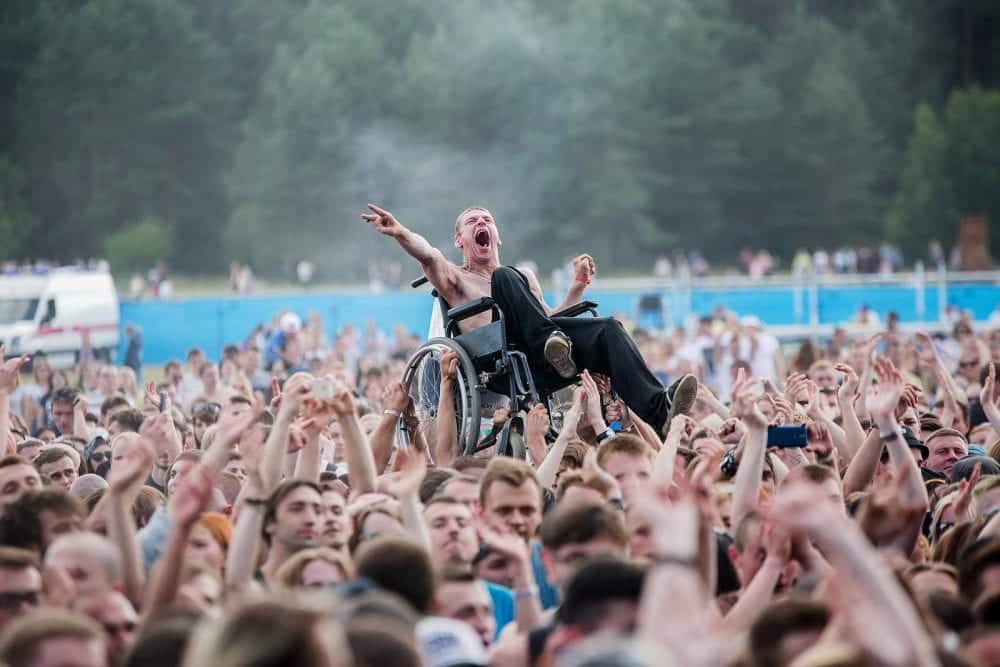Disabled fans often face difficulties when trying to purchase tickets online, but now, Ticketmaster has introduced a new system to make the process easier.
An able-bodied person can simply log onto Ticketmaster and purchase seats, yet a disabled person has to pass through many barriers. They have to provide evidence of their disabilities and usually, the only way to access help is by calling and speaking with a representative. Now, with this new system, fans can easily enter details of their disability in a simplified format and their information will be saved with their Ticketmaster profile. Additionally, accessible seating will be clearly labeled on seat maps and a free companion ticket will be provided.
According to BBC, the system has already been implemented at Glasgow’s SEC and Cardiff’s Motorpoint Arena. Ticketmaster’s MD Andrew Parsons told the BBC that the feedback has been really positive and they’re “keen to roll it out to a host of new venues now.”
“It’s something we’ve been seeking to address for some time now,” Parsons said. “Fundamentally, all fans deserve equal access to live entertainment. The plus side of this system is that, in the future, the fans won’t have to do anything. They will be able to buy their tickets like anyone else.”
Disabled fans have been facing ticketing difficulties for years; some disabled concertgoers sparked news over like a music journalist at a Pink concert was told that she couldn’t be in the general admission section because of her wheelchair, or a disabled fan at a Carrie Underwood show who was unable to sit with his whole family because sound equipment was put in place of their seats.
Some disabled artists are feeling the blow too. In a survey conducted by Attitude Is Everything, a charity working toward improving deaf and disabled people’s access to live music, seventy percent of musicians said that they felt the need to hide their disability because they worried it could impact their relationships with promoters, festivals, and venues. Half of the people surveyed said they encountered barriers because of their health when seeking a space to rehearse and 38 percent of those surveyed were unable to access rehearsal space at all.
While the industry has been moving in a positive direction, there’s still a lot of work to be done.



